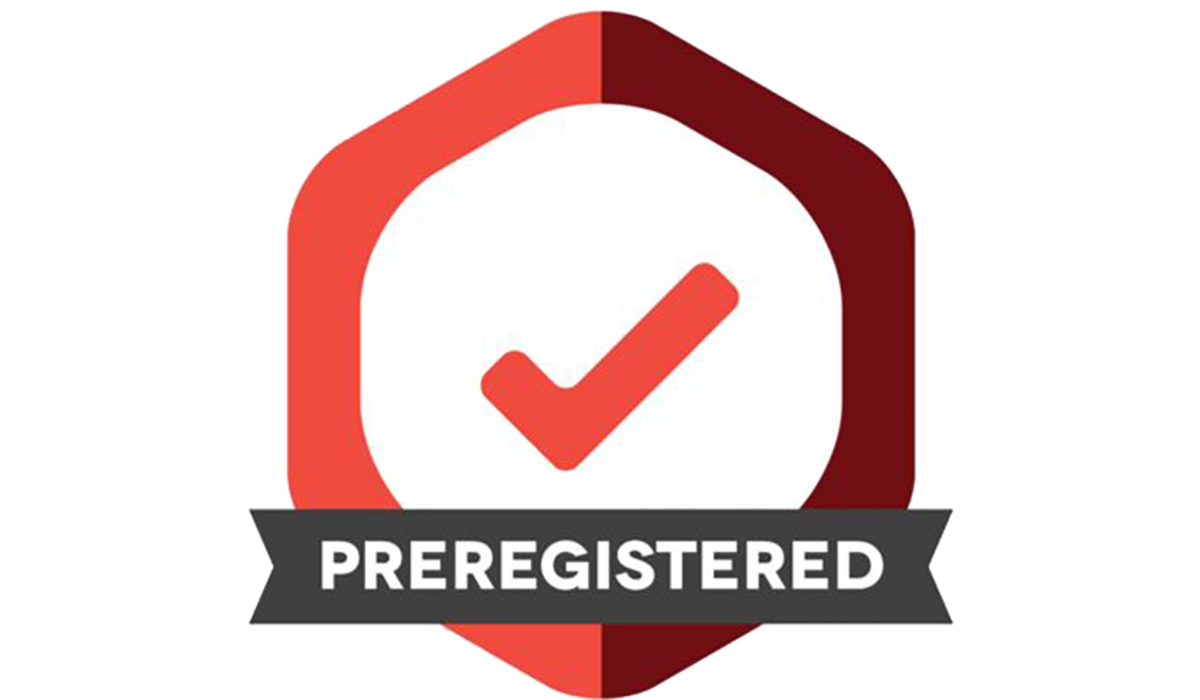Introduction to Open Science and Pre-registration
UM is on a mission to become a leading example of the Open Science movement, which aims to make research, including papers, data, methods, etc., open to anyone so we can all benefit. With this workshop, we aim to introduce to you one of the most important steps to making science more open, namely pre-registration. This workshop is will not only teach participants how pre-registration is applicable to your study field, but will also include some hands-on practical examples on how to pre-register your research. In the final part, we will conclude with a panel of international experts on the advantages and challenges of pre-registration.
With this and many other events, the Open Science Community of UM (OSCM) will help you discover open science topics more deeply so that you can apply Open Science and FAIR principles to your research and data.
Workshop – Pre-registration: Why, How, and Where?
A particularly important step to making science more open is pre-registration, meaning openly pre-specifying design, sample size, hypotheses, and/or planned analyses of a study or data before data collection. Pre-registration is considered a particularly relevant tool to increase trust in science and provide more robust and replicable scientific findings. Acknowledging its usefulness, more and more journals, funders, and universities make pre-registration a requirement or evaluation criterion for hiring or promotion.
This online (via Zoom) workshop will provide hands-on advice and practical illustrations of why, how, and where scientists should pre-register their studies. Furthermore, it will include exercises of pre-registering participants’ (hypothetical) studies at osf.io and aspredicted.org. The event will then close with an international expert panel that will discuss the advantages and challenges associated with pre-registration in diverse fields and disciplines (e.g., “soft vs. hard” sciences, quantitative or qualitative research, micro or macro research).
This session will be hosted by OSCM members Roman Briker (OSE) and Jerry Spanakis (DKE) and will include an international expert panel involving:
George Banks (UNC Charlotte), Rima-Maria Rahal (Max Planck Institute for Research on Collective Goods Bonn), and Emiel van Miltenburg (Tilburg University)
More information and registration
Related
[su_spacer]
About this post
- Author: Seychella Koolman [icon name=”envelope-o” class=”” unprefixed_class=””]
- Categories: Research Data Management news & events
- Keywords: Event, RDM
- Publication date: 26 October 2021 | Last updated: 26 October 2021
- Source: RDM Services
- License: CC-BY 4.0
RDM Support Updates
Keep up-to-date with RDM Support and Research Support. Join our support mailing lists and receive updates of published news & events.

